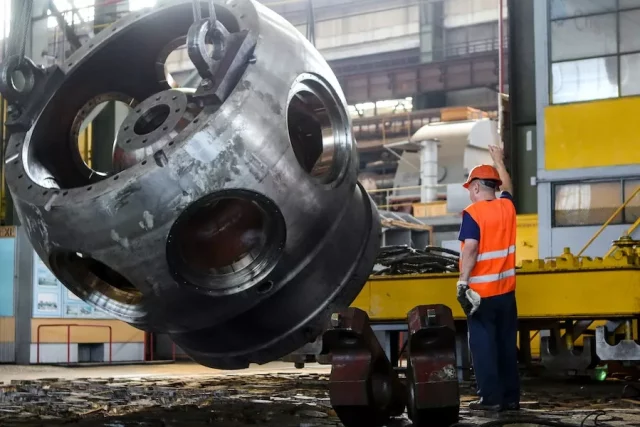Complex machinery requires many parts to perform its function, and a breakdown of even the smallest part can bring it to a grinding halt.
Seals are a small but vital resource in the manufacturing industry and the aeronautics, oil and gas, and healthcare industries. They bear a significant burden of pressure, heat, and chemical wear, and it is not uncommon for seal failure to occur in machines that experience constant use. This failure can be quite costly to your manufacturing process and can even lead to deadly accidents. The fatal Space Shuttle Challenger disaster in January 1986 was caused by the failure of two o-ring seals in the engine.
The importance of seals in industrial manufacturing can not be overstated and if you don’t think so, here are five ways seal failure can affect your company’s bottom line to convince you otherwise.
1. Loss Of Valuable Working Time
Seals are a tiny David whose failure can bring the Goliath of your industrial manufacturing process to a grinding halt. And the first way this failure hits your company’s bottom line is the loss of time. Not only the time spent diagnosing the problem (as seal failures are not always immediately evident) but also the loss of valuable working time which could have been spent manufacturing new products.
2. Missed Quotas And Schedules
Continuing directly from the first effect, seal failure leading to machinery breakdown will also have you missing your manufacturing quotas and work schedules. And this directly impacts your bottom line as your customers might be forced to find other options to fulfill their needs. This could leave you struggling with a problem that could have been prevented with the use of quality seals and proper monitoring of the seals in your equipment.
3. Cost Of Repairs
Most times, the effects of a seal failure are not limited to the seal alone. As we can see from the Challenger disaster, the failure of seals while the machinery is under operation will most likely lead to engine failure and even possibly a chain of reactions that could damage other parts of the machine. This will rack up an impressive list of parts that you need to repair or replace, and in extreme cases, you might even need to replace the entire machine — costing your company thousands.
4. Cost Of Stopping And Restarting Your Operations
While stopping and restarting your manufacturing operations has indirect costs like loss of time and missed quotas, which we have touched on above, there can also be direct costs. Especially if you are operating complex machinery that requires expert help to break it down and set it up again. There might also be the need to remove the machinery and take it out of the warehouse for repairs before bringing it back to set up again, all of which come with expenses.
5. Loss Of Manufacturing Materials And Supplies
If you work with perishable manufacturing materials and supplies, halting your operations will most definitely lead to those supplies perishing. This is perhaps the most direct impact on your company’s bottom line as these supplies will go to waste, and you have to purchase new ones to start manufacturing again. Also, if you have products in a manufacturing phase that need urgent attention (for example, molten rubber that needs to be extruded into molds before it cools), halting your operations due to seal failure will most likely lead to the loss of that batch of products.
Getting The Right Seals For The Right Functions
Before it comes to proper seal monitoring and care, one of the biggest reasons for seal failure in engines is using the wrong seal type. There are a wide variety of seal-making materials, each with its own characteristics and advantages. It is essential to ensure you are using suitable seal materials, heat-resistant for high-heat operations, pressure-resistant for high-pressure conditions, chemical-resistant for use in chemically active conditions, etc. This will go a long way to ensure the integrity of your seals.
You can gain this insight and much more by learning from an engineering expert, which will help ensure you’re always choosing the best rubber for your company’s needs.














